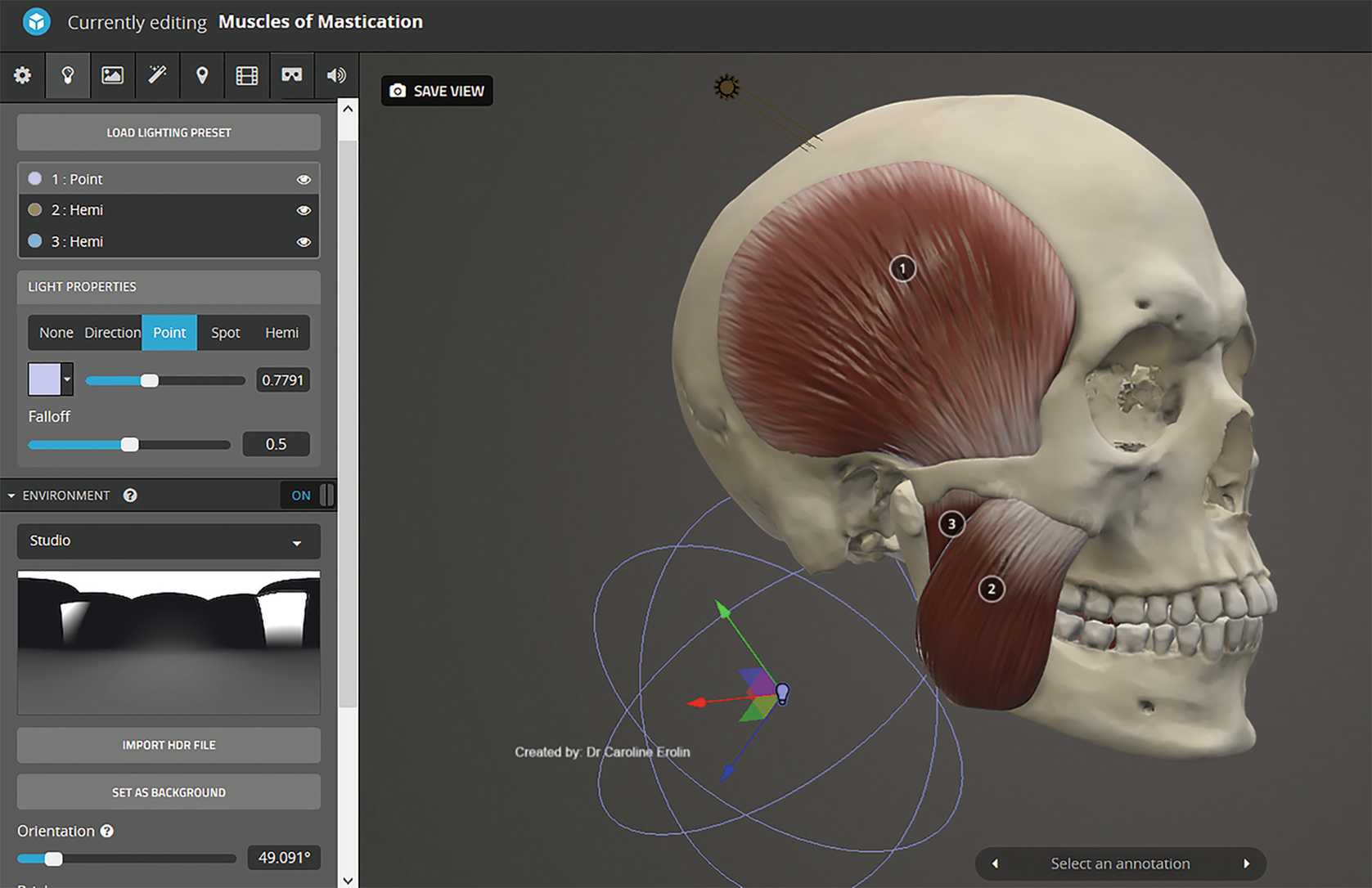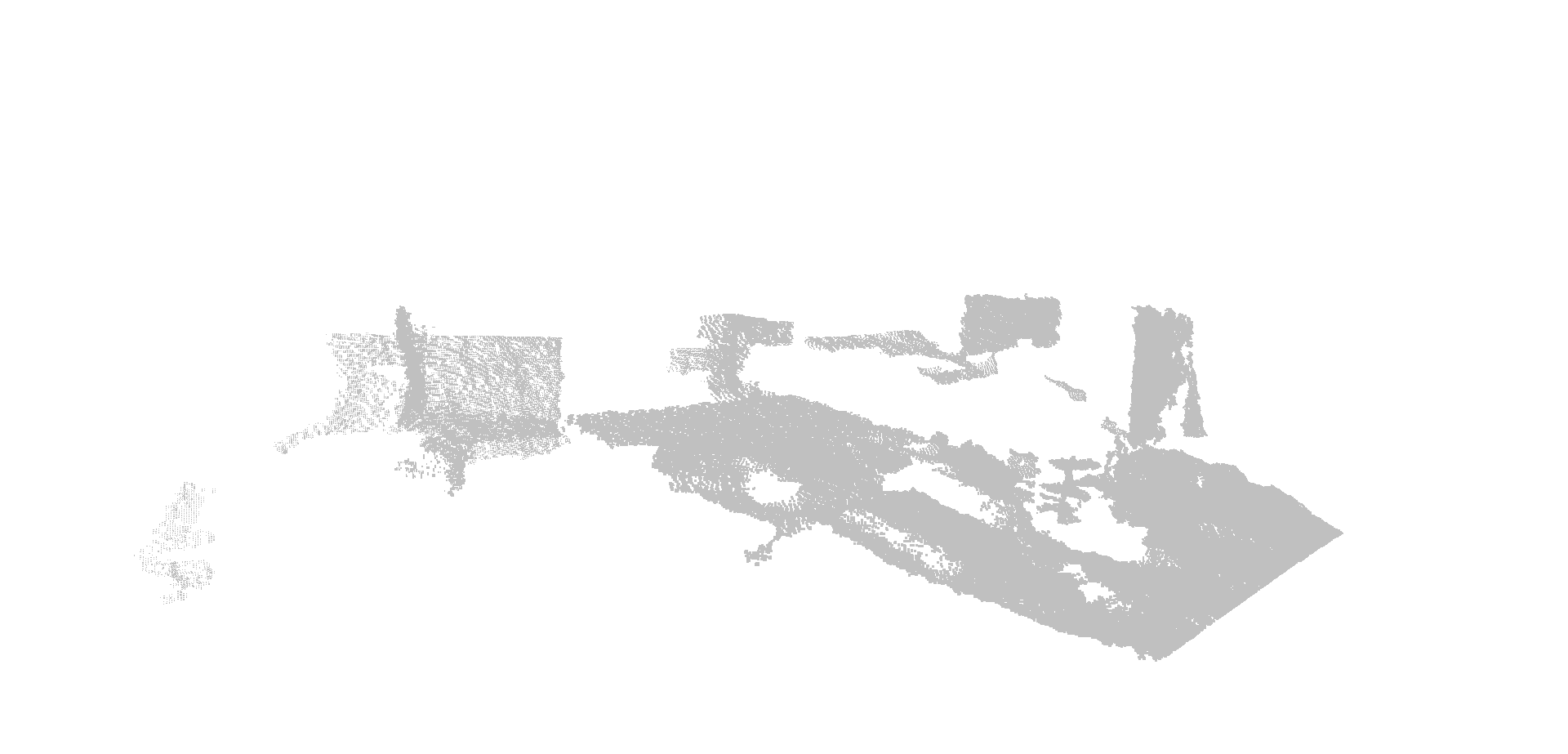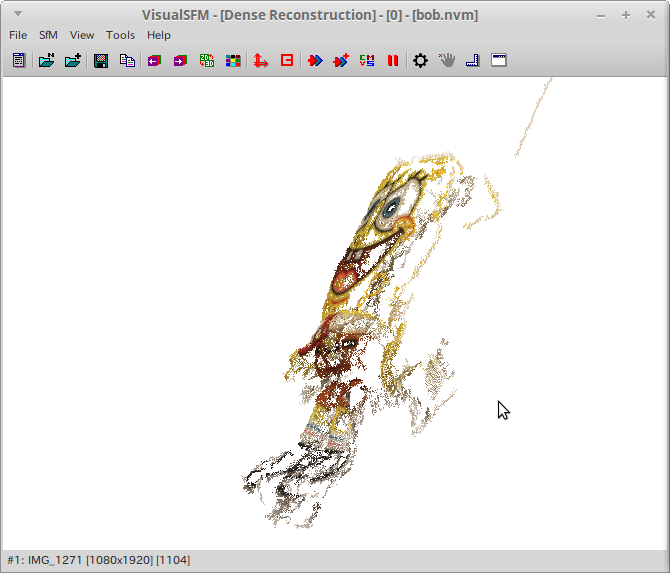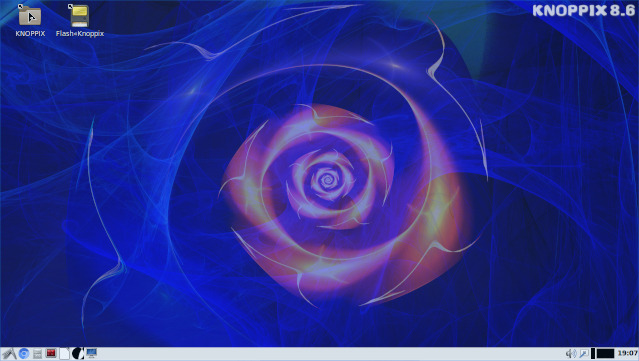Agisoft PhotoScan is a stand-alone software product that performs photogrammetric processing of digital images and generates 3D spatial data to be used in GIS applications, cultural heritage documentation, and visual effects production as well as for indirect measurements of objects of. Contribution via Open Source. When selecting an open source license for your project, you contribute to free and open source software development by using Qt under any of the following licenses: LGPL version 3, GPL version 2 and GPL version 3. Triangulatica 1.2.2.0 View Image Triangulatica it's 3D printing software solution & Hardware platform for all exist and future 3D printing technologies: SLA Laser, SLS, SLM, FDM/FFF, DMD/LMD/DMT, MJM, SLA DLP/LCD, Bio-printing Software uses full power of computer's GPU for fastest slicing and gives opportunities to work with different 3D.
Official Debian packages with high relevance
Maintainer: Debian 3-D Printing Packages(Christoph Berg) | License: DFSG free |
The CuraEngine is a C++ console application for 3D printingGCode generation. It has been made as a better and fasteralternative to the old Skeinforge engine. | |
Meshlab System for processing and editing triangular meshes Maintainer: Debian Science Team(Ryan Pavlik) | License: DFSG free |
This is an open source, portable, and extendible system for theprocessing and editing of unstructured 3D triangular meshes.The system is aimed to help the processing of the typical not-so-smallunstructured models arising in 3D scanning, providing a set of tools forediting, cleaning, healing, inspecting, rendering and converting this kindof meshes. Meshlab can read files in these formats: PLY, STL, OFF, OBJ, 3DS, COLLADAand PTX. It can write PLY, STL, OFF, OBJ, 3DS, COLLADA, VRML, and DXF. Please cite: MeshLab: an Open-Source Mesh Processing Tool.(2008) | |
Meshlab Mac Download
Repsnapper STL to GCode Converter and print software for RepRap machines | Popcon: 7 users (3 upd.)* | License: DFSG free |
A RepRap is a 3D printer: a machine which can print 3-dimensional plasticobjects from a computer model. Repsnapper can convert STL, which can becreated with most 3D drawing programs like Blender, into GCode, which theRepRap can understand. It can also be used to send the result to the RepRap. | ||
Skeinforge | Popcon: 0 users (0 upd.)* | License: DFSG free |
This package is a dummy transitional package. It can be safely removed. | ||
Meshlab 1.2.2 For Mac Installer

Slic3r Maintainer: Debian 3-D Printing Packages(Sebastian Ramacher) | License: DFSG free |
Slic3r converts digital 3D models into printing instructions (G-code)for your 3D printer. It cuts the model into horizontal slices (layers),generates toolpaths to fill them and calculates the amount of materialto be extruded. Slic3r supports input in the STL, AMF and OBJ formats, and can outputG-code for several series of 3D printers, including RepRap, Ultimaker,Makerbot, as well as SVG files for DLP printers. It can be used with a graphical interface, or in batch mode via thecommand-line. | |
No known packages available

Creation-workshop | License: non-free Debian package not available |
Creation Workshop is a Slicer and host controller application for yourSLA/DLP printer. It works on Windows, Mac & Linux. It can also hostFDM/FFF 3d printers.It allows you to load models, generate supports, slice, & controlyour printer. | |

Ivcon | License: unknown Debian package not available |
IVCon is an executable C++ program that can read and write a varietyof 3D graphics file formats, converting from one to the other. This is extended version of John Burkardt's great, but buggy tool.It Supports many 3D formats, and a lot of 3D scene elements. Supported formats include 3DS, ASE, BYU, DXF, GMOD, HRC, IV, OBJ, OFF,POV, SMF, STL/STLA/STLB, TEC, TRI/TRIA/TRIB, UCD, VLA, WRL/VRML, XGLand more. The program supports many elements of 3D scene, but specific convertersmay not support all of them. There are two possible reasons of that: oneis that the support is not fully programmed inside this tool, second isthat the format may not have possibilities to support the item. Goodexample is the ASC format - which is an ASCII cloud of vertices, andsupports only bare points in 3D space. | |

MeshLab is an open, portable, extensible system for the user-assisted processing of unstructured 3D meshes. The system is aimed to help the processing of 3D models arising in 3D scanning, providing a set of tools for cleaning and healing this kind of meshes. The system is heavily based on the VCG library developed at the Visual Computing Lab of ISTI - CNR, for all the core mesh processing tasks.
| Tags | |
|---|---|
| Licenses | GPL |
| Implementation | C++ |
Recent releases
Release Notes: This is a major release that introduces many new important features. Notably, the management of point clouds was significantly improved. Import from photosynth datasets has been added, together with unified management of raster data.
Release Notes: This version includes many bugfixes and introduces basic support for editing/selection point clouds, various new measuring filters, better support for texturing, and another surface reconstruction algorithm. The GUI has received various improvements like sorted menu entries for easier location of filters and persistent preferences for storing permanent settings.

Meshlab Mac
Release Notes: This version includes many bugfixes and introduces a few new functions such as importing of molecular PDB files, more point cloud processing tools, and an high quality remeshing algorithm.
Meshlab 1.2.2 For Mac Os
Release Notes: Many major features have been added. Now more than one hundred different filtering actions, classified under eleven categories, are available. New filters allow very advanced functionality ranging from accurate color management, to convex hull building, to interactive segmentation, to mesh optimization, surface remeshing and many others.
Release Notes: This version features a large number of bugfixes. Notably, the alignment system has vastly improved performance and robustness, and many I/O formats are much more accurate and robust in accepting malformed input.